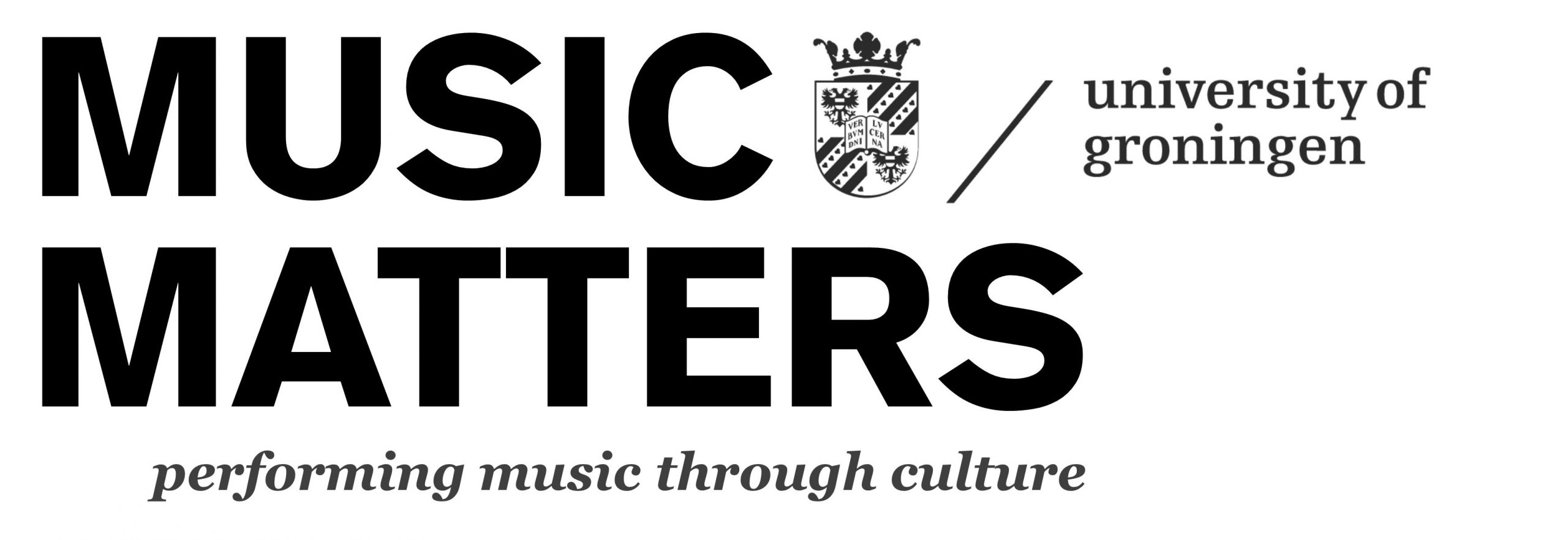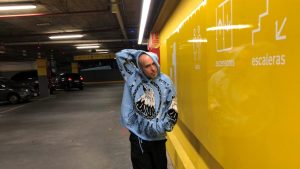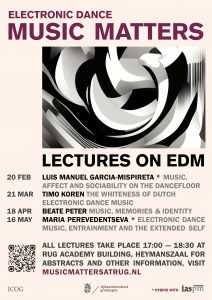We are excited to announce the return of Music Matters for the 2024-25 season. Our first event takes place on November 6 and will coincide with the upcoming Music4Change conference at the University of Groningen, and will feature a hands-on encounter with a DJ and researcher working at the forefront of their field.
DJ Juan Chao is a Uruguayan musician-producer and creator of the organization Archivo de Música Original. His work focuses on using technology for the preservation of indigenous music at risk of extinction. He collaborates with various communities and has carried out projects in Africa, the Americas, and Asia.
His Music Matters session will feature two components. Firstly, a workshop entitled “How to Use Technology for the Preservation of Indigenous Music at Risk of Extinction: Useful
Archives, Samplers, and Digital Inclusion.” This will take place from 15:30-16:30 at Doopsgezinde Kerk, Oude Boteringestraat 33, 9712 GD Groningen.
In this workshop, Juan Chao will showcase examples that demonstrate how the introduction of various technologies can positively influence the preservation of indigenous community’s music. The workshop will explore a project carried out with the Wayuu indigenous group, which included: an archive of their local music; a musical education digital tool; the production of an EP, and an installation of a sampling studio within the community. The workshop aims to provide concrete examples of how having a social and cultural sustainability approach can positively impact our work.
Juan Chao also performs live DJ sets and is a specialist in the use of samplers and analogue synthesizers. We are therefore very fortunate to also see him perform later that evening, from 19:00-20:30 at Pacific Buzz Beer and BBQ, Oosterstraat 65, 9711 NS Groningen.
We look forward to seeing you at both of these exciting events on November 6!
For more information about Music4Change, please visit their website.


